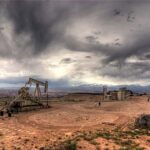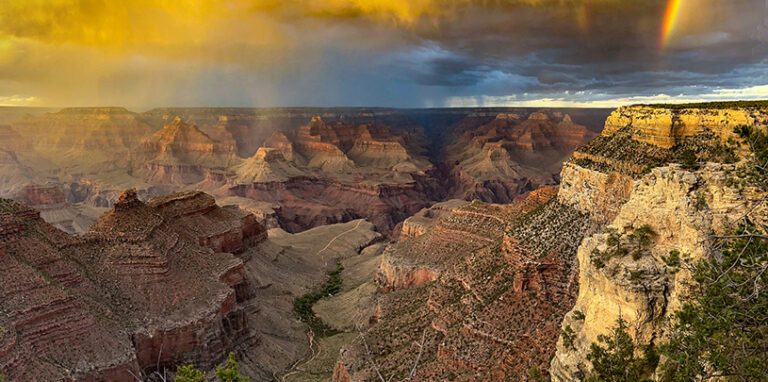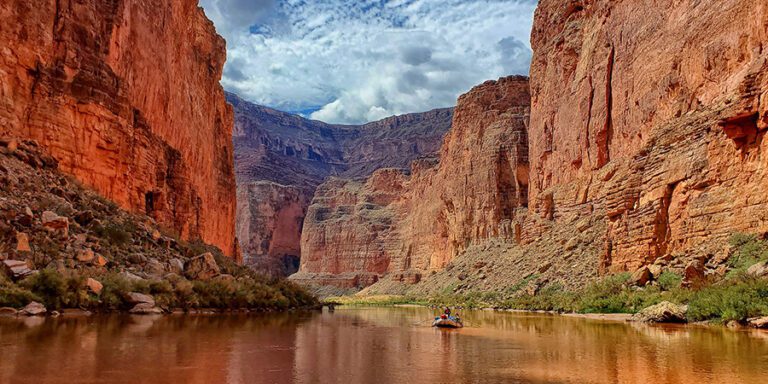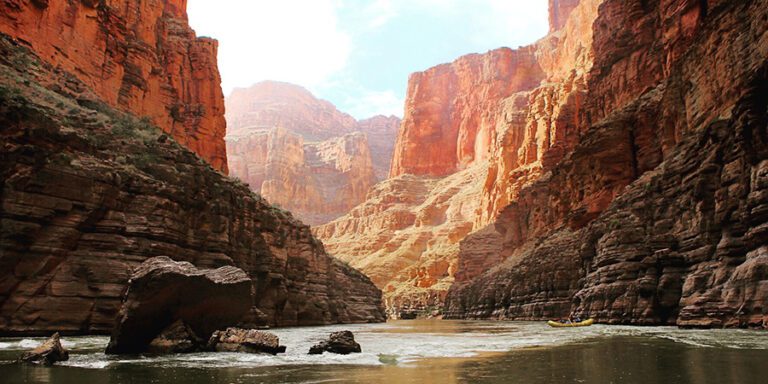
It’s time for the thousands of orphan wells across the Colorado Plateau to be closed and cleaned up.
What do you do when milk has spoiled? You probably don’t leave it sitting on your kitchen counter with the lid off for years, or even hours for that matter. Instead, you likely clean it up immediately so that it doesn’t stink up your whole house. Here on the Colorado Plateau, we have a similar problem — but instead of spoiled milk, our problem is thousands of abandoned oil and gas wells that leak methane into the atmosphere; contaminate the soil, water, and air; contribute to climate change; and threaten the health of surrounding communities.
What is an orphan well?
Abandoned oil and gas wells that have no owner are called “orphan wells.” Many oil and gas companies have declared bankruptcy over decades of drilling, leaving these leaking wells with no one to manage them or be held accountable for cleanup. Because there is no legally responsible party, a lot of orphan wells aren’t properly “plugged” (closed), which can lead to a slew of environmental and human health problems and contribute to the growing problem of climate change.
Why are orphan wells a problem?
The Colorado Plateau is home to nearly 36,000 oil and gas wells. About 6,400 of those are abandoned, and there are likely more undocumented orphan wells scattered across the plateau. Since these wells have no owner, no one is legally responsible for cleaning them up, so the burden falls on the shoulders of tribal, state, and federal governments, and the public.
Cleanup is not a light lift. Properly plugging orphan wells is quite costly, and depending on the type and condition of the well, it can cost hundreds of thousands of dollars. For example, in 2020, New Mexico plugged 42 orphan wells, which cost $1.6 million. But there are thousands of wells remaining in the state in need of cleanup, which will require millions more in funding.
Without proper closure, orphan wells can contaminate water resources by leaking oil and other toxic substances into groundwater. They’re also detrimental to human health. Orphan wells release air pollutants, like volatile organic compounds and can lead to ground-level ozone formation. These air pollutants harm the respiratory system and aggravate lung diseases. Orphan wells also contribute to climate change, because they emit methane, a greenhouse gas more potent than carbon dioxide. That means preventing methane from leaking into the atmosphere is an obvious step in addressing climate change.
Unfortunately, the number of orphan wells will likely increase as the demand for clean energy rises, the demand for fossil fuel energy declines, and competition leads to more bankruptcies for oil and gas companies.
Cleaning up the mess
Remember that spoiled milk sitting on the counter? And how once you realized it was spoiled, you immediately put the lid back on the container so that the smell didn’t leak into your home? Similarly, once a well is no longer economically viable, or is fully depleted, it is supposed to be plugged so that anything left within the well is isolated from groundwater and surrounding land and unable to contaminate either. The process relies on cement and mechanical barriers to plug the wells so they don’t leak.
It is time to set the precedent for properly closing orphan wells in a timely manner. This will help combat climate change by reducing highly potent methane emissions. It will also help protect precious water resources in our water-scarce region, and it will help protect public health. The work required to properly plug orphan wells can also provide job opportunities for oil and gas workers, since reclaiming orphan wells requires much of the same expertise and equipment.
How you can help
Want to stay in the loop about abandoned oil and gas wells? Sign up for our action alerts!




